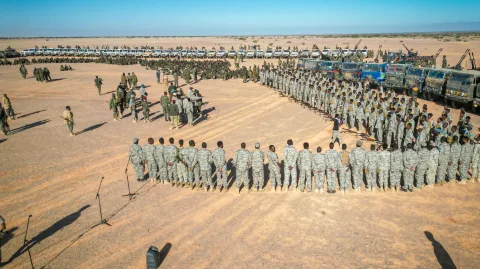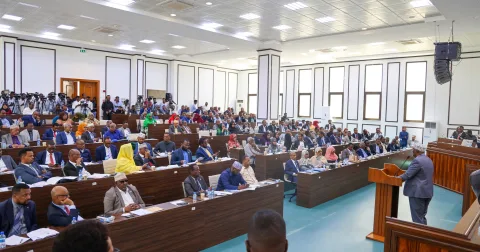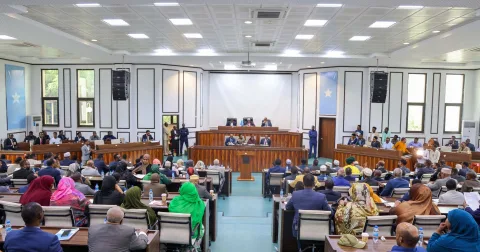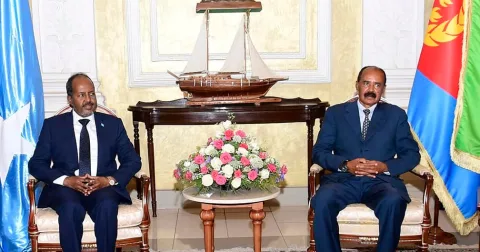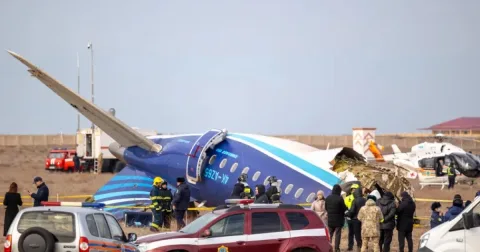What was intended to be a pivotal meeting to support nations most vulnerable to climate change now risks ending without a meaningful agreement.
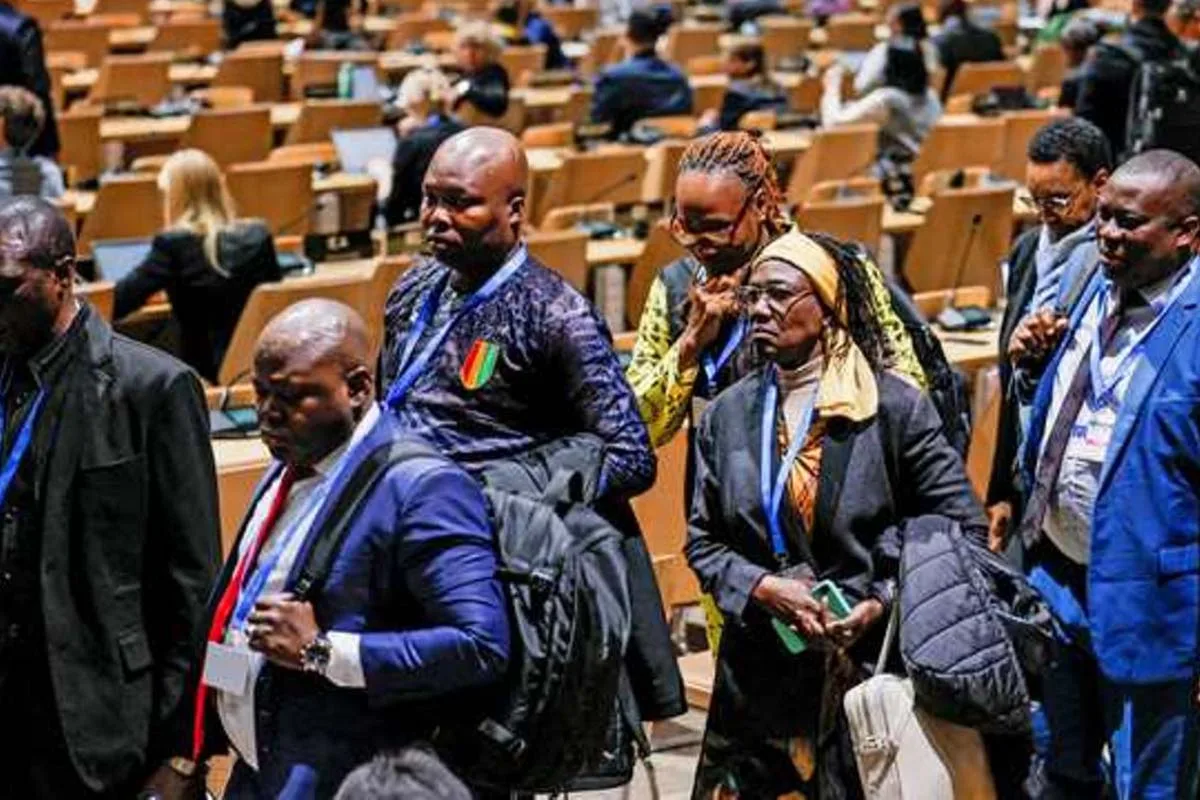
The UN climate conference in Baku, Azerbaijan, has descended into tension and frustration as negotiations over climate financing for developing countries reach a critical impasse. What was intended to be a pivotal meeting to support nations most vulnerable to climate change now risks ending without a meaningful agreement.
Developing countries have strongly rejected a proposed $250 billion annual climate aid package, arguing it falls far short of their $1.3 trillion request. “We are only being offered a fraction of what the world has spent on war in the past year,” said Marshall Islands climate envoy Tina Stege.
African and Latin American representatives have been particularly vocal. Ali Mohamed, chairman of the African negotiating team, declared the proposal “completely unacceptable,” warning it would lead to “unacceptable loss of life.” Panama’s climate envoy Juan Carlos Monterrey Gómez emphasized the inadequacy, noting that $250 billion “becomes nothing when you divide it among all developing countries.”
The summit, already overshadowed by Azerbaijan’s controversial leadership—an oil-dependent authoritarian state—faces additional criticism about the proposed funding’s structure. Developing countries demand that at least half the support be direct aid rather than loans, which could further burden economically fragile nations.
With global climate disasters mounting—including recent deadly storms in the Philippines and Honduras, and historic floods in Spain—the stakes could not be higher. The conference’s failure could potentially postpone critical climate action decisions.
As negotiations continue past the scheduled conclusion, the international community watches anxiously to see if a compromise can be reached.
